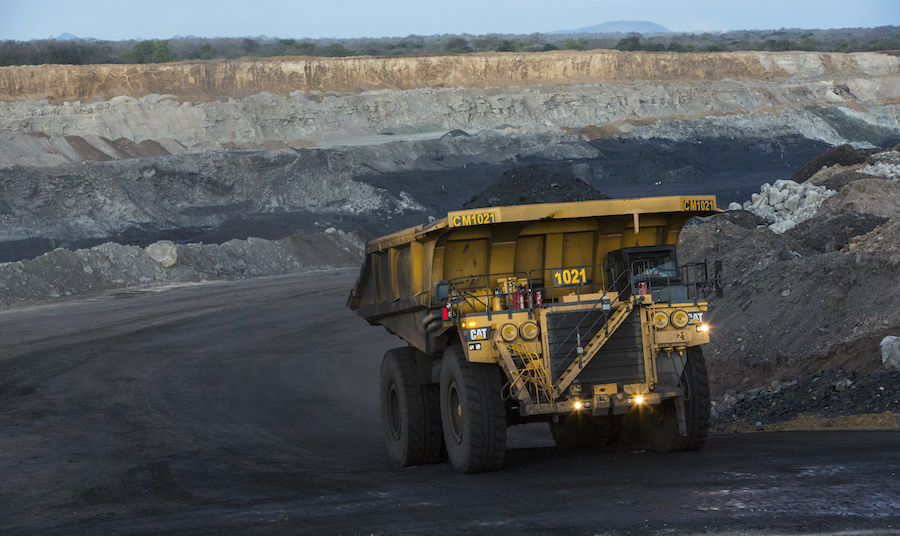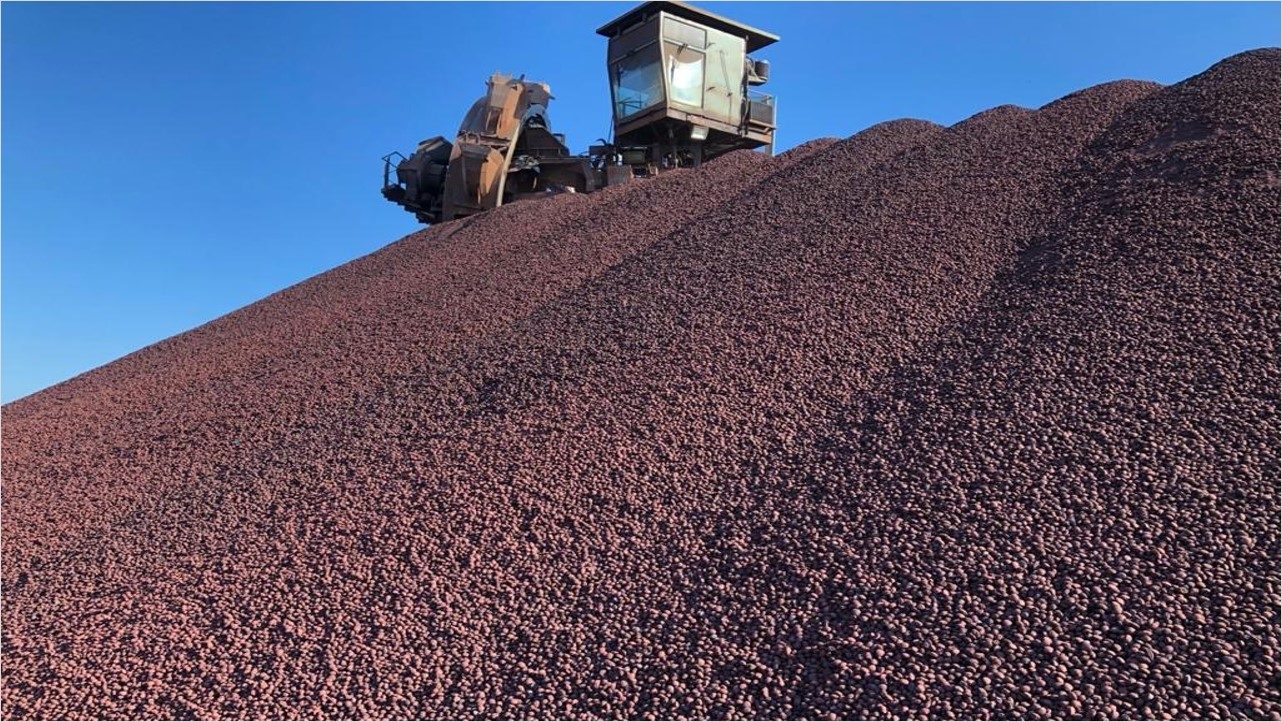Myanmar: No incendiary weapons used on copper mine protest crackdown

Myanmar rejected Saturday an independent report claiming security forces used white phosphorus in a crackdown on a Chinese-backed copper mine protest last November, which left dozens of people injured.
The announcement triggered pockets of protests across the country this weekend, highlighting the tense relationship between average people in Myanmar and Chinese firms.
Demonstrations sparked last week, as villagers continued to express their anger over the project and government efforts to quell previous discontent after the report on use of incendiary weapons, tear gas and water cannons was released.
AP reports that a team of lawyers sent a canister discovered at the location were the incident took place last year to a laboratory overseas, which said the sample contained “military-issue white phosphorus that can lead to serious injuries.”
The copper mine project in question is owned jointly by Myanmar’s military and Wanbao Mining Ltd., a subsidiary of China North Industries Corp., an arms manufacturer.
The mining company and Myanmar’s government signed an agreement in 2010, when the country’s former military regime was still in power. Since then, President Thein Sein’s so-called civilian government has embarked on a series of extensive reforms, allowing villagers to hold more expressive demonstrations against the project.
Chinese-backed projects to tap Myanmar’s abundant natural resources have sparked resentment among local residents. Opponents are calling for work at the mine to be suspended to allow environmental and social impact studies.
Chinese exploration and mining companies have expanded their presence in Myanmar in recent years.
Although undeveloped, the South Asian nation is home for vast and untouched reserves of highly demanded minerals and metals, such as gold, tungsten, copper and even some oil. It is also known by its precious stones and lithium reserves.
Another advantage of the still impoverished country is to be conveniently located between China and India, which are international economic growth’s engines and hungry consumers of raw materials.
According to a recent study published by Global Data, industrial growth in Myanmar could potentially benefit every strata of society, promoting employment opportunities and economic development. However, the paper also says this will require the country to adopt holistic development policies in order to compete with other middle-income Asian nations.
(Image of November’s protest. NTDTV)
RELATED:
Myanmar poised to become new mining Mecca for Chinese investors
Miners warned about Myanmar, Tajikistan and Bolivia investments
More News
{{ commodity.name }}
{{ post.title }}
{{ post.date }}



Comments